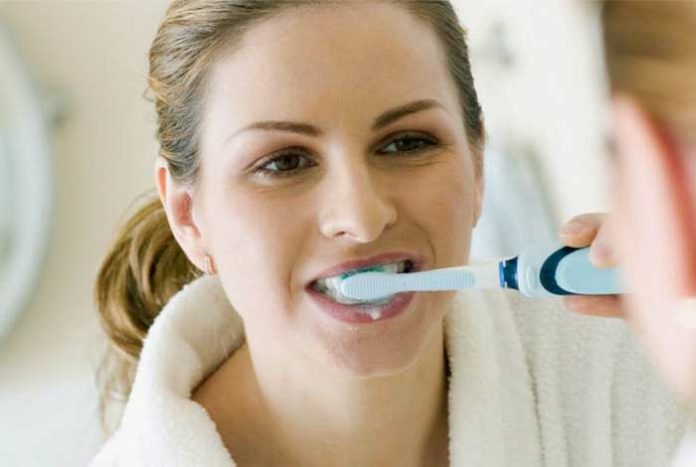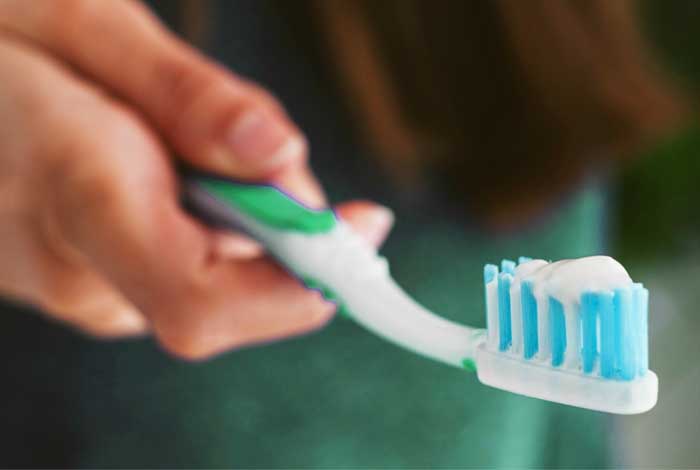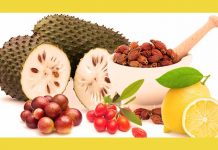
You might have both heard of and used triclosan containing consumer products. It is an extensively used antifungal and antibacterial ingredient, which is used in myriads of household products like hand sanitizers, detergents, mouthwashes and other household cleaning supplies. This toothpaste ingredient can do wonders, let’s know how.
You are almost dealing with triclosan daily either knowingly or unknowingly. So, when Science Translation Medicine published a study on triclosan recently, it came out to be really scary – it has been linked with colon cancer and colitis.[1]
The study was conducted in the University of Massachusetts, Amherst, wherein the researchers fed mice with triclosan spiked water for 3 weeks. It is important to note that these mice were either kept heathy, induced with certain diseases or engineered genetically. For two weeks, they were given the same amount of triclosan as in toothpaste generally used by people. All the mice experienced exacerbated gut issues, such as diarrhea, rectal bleeding, abdominal pain and in certain cases, reduced lifespan.
Apparently, all the symptoms were the result of how triclosan affected the gut microbiome. It seriously destroyed and inhibited the diversity of gut microbiome. It particularly ruined Bifidobacterium populations, which is basically the “good” bacteria in these mice.
This in turn caused inflammation and also encouraged tumor development in mice, who already had colon cancer; thereby, aggravating their condition. Surprisingly, mice that lack a protein, known as toll-like receptor 4 – associated with inflammation – were immune to the harmful effects of triclosan. There were no statistically significant triclosan’s adverse effects, including inflammation.
Triclosan’s Inconspicuous Presence In Various Products

Triclosan is present in countless day-to-day products we use. The U.S. Food and Drug Administration (FDA) banned the use of triclosan in bodywashes and handwashes in the year 2016.[2] The reason being that triclosan wasn’t any better than water and regular soaps.
Unfortunately, it is still being extensively used in plethora of other products. What is scarier that it finds its way into the human body most commonly by the use of toothpastes containing triclosan. A study, conducted by a National Health and Nutrition Examination Survey (NHANES), revealed the presence of triclosan in around 75 % of urine samples collected from the U.S. citizens.[3]
Paul Terry, an epidemiologist at the University of Tennessee, explains that triclosan certainly prevents gingivitis when used in toothpaste, but there are much better ways to prevent the condition.
When we talk about the deleterious effects of triclosan on the human health, we still don’t have enough data to conclude anything. According to Terry, triclosan is not at all a necessary ingredient in any of the widely used consumer products. He also feels that we should wait for further studies to confirm that triclosan can actually wreak havoc on our gut.
Patrick McNamara, an environmental engineer at Marquette University, believes that triclosan is not only harming human health, but is also contributing to increasing antibiotic resistance in various pathogens.[4] He further adds that certain hospitals and he himself have eliminated triclosan’s use completely.
Simply put, triclosan seems to have lesser benefits when compared to health hazards associated with this compound. Still widely used, triclosan’s days are limited owing to the growing number of evidence highlighting its role in ruining human health. So, next time you buy a toothpaste, make sure to avoid the one, which contains triclosan.










